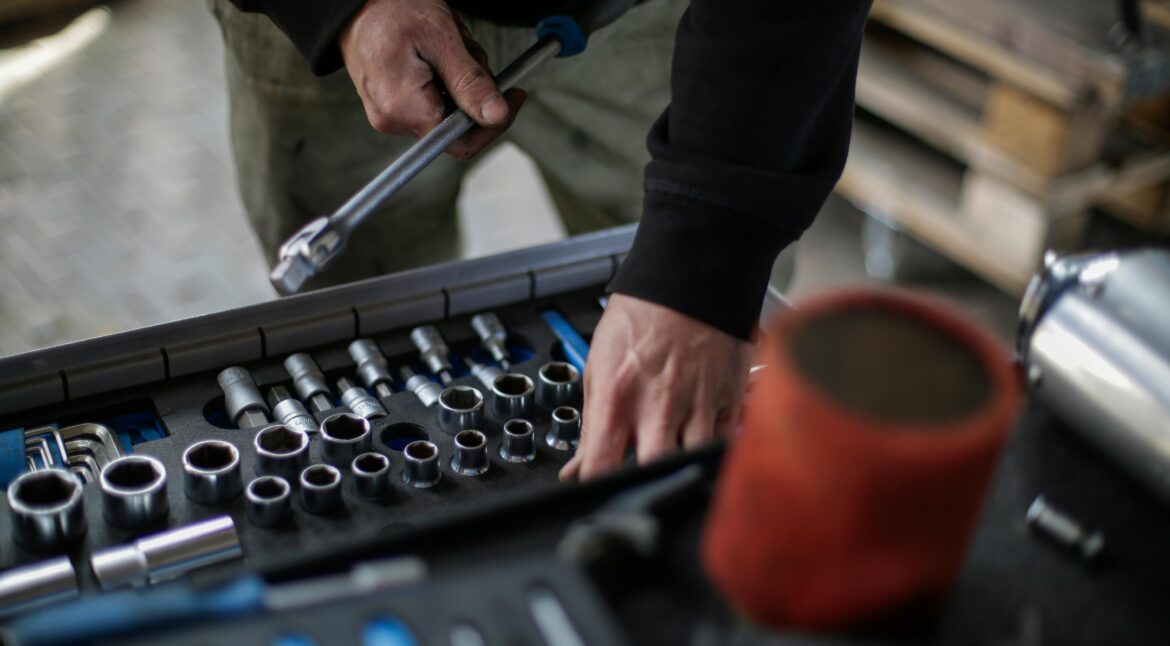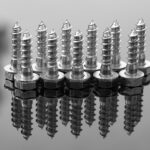Introduction to Socket Cap Screws
Socket cap screws are a versatile and essential component in many industrial and mechanical applications. Characterized by their cylindrical head and internal hexagonal socket, socket cap screws are designed to be tightened or loosened using a hex key or Allen wrench. This unique design allows for a secure fit and ease of installation, making them ideal for applications where a traditional screwdriver cannot be used.
The materials used in the manufacture of socket cap screws are critical to their performance and durability. Common materials include stainless steel, alloy steel, and various other metals, chosen for their strength, resistance to corrosion, and ability to withstand high stress. Stainless steel socket cap screws, for instance, are favored in environments where exposure to moisture and chemicals is a concern, while alloy steel screws are preferred for their superior tensile strength and durability in demanding applications.
Socket cap screws are widely used across multiple industries, including automotive, aerospace, electronics, and manufacturing. Their ability to fit into tight spaces makes them indispensable in assembly processes where precision and high performance are crucial. For example, in the automotive industry, socket cap screws are often employed in engine assemblies and other critical components where space constraints and the need for reliable fastening are paramount.
One of the significant advantages of socket cap screws is their high tensile strength, which ensures that they can withstand substantial loads without compromising the integrity of the assembly. Additionally, their precise manufacturing standards contribute to consistent performance and reliability. The internal hexagonal socket also provides a more substantial contact surface for the tool, reducing the risk of slippage and damage during installation and removal.
Overall, socket cap screws offer a combination of strength, precision, and versatility that makes them an invaluable component in various applications. Their ability to perform reliably in tight spaces and under high stress conditions underscores their importance in modern engineering and manufacturing practices.
Types and Applications of Socket Cap Screws
Socket cap screws are versatile fasteners that come in several types, each tailored to specific applications and requirements. Among the most common types are button head socket cap screws, flat head socket cap screws, and low head socket cap screws. Understanding the unique features, dimensions, and uses of each type is essential for selecting the appropriate fastener for your project.
Button Head Socket Cap Screws: These screws feature a domed head, providing a smooth and aesthetically pleasing finish. They are particularly useful in applications where a low-profile, rounded head is desired. Button head socket cap screws are often used in machinery, where their rounded heads can reduce the risk of snagging or catching on moving parts.
Flat Head Socket Cap Screws: Flat head socket cap screws are designed with countersunk heads that sit flush with or below the surface of the material they are installed in. This makes them ideal for applications requiring a smooth, flush finish. They are commonly used in electronics, aerospace, and automotive industries where maintaining surface integrity is critical.
Low Head Socket Cap Screws: As the name suggests, low head socket cap screws have a reduced head height, making them suitable for applications with limited overhead clearance. These screws are frequently employed in compact assemblies, such as in electronic devices and precision instruments, where space constraints are significant.
Socket cap screws are utilized across various industries due to their strength, reliability, and versatility. In the machinery sector, they are essential for assembling and securing equipment components. The automotive industry relies on these screws for their high tensile strength and durability, ensuring vehicle parts remain securely fastened. In the electronics field, socket cap screws are prized for their precision and ability to hold delicate components firmly in place. Construction applications benefit from their robustness, enabling the secure attachment of structural elements.
Manufacturers adhere to strict standards and specifications to ensure socket cap screws meet performance and safety criteria. Standards such as ISO, DIN, and ANSI govern the dimensions, material properties, and mechanical performance of these fasteners, ensuring consistency and reliability across different applications. By adhering to these standards, manufacturers can provide socket cap screws that meet the rigorous demands of diverse industries.


